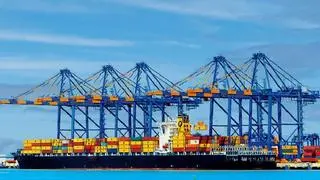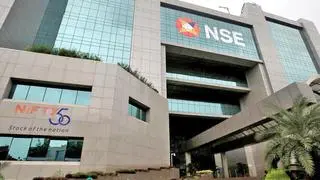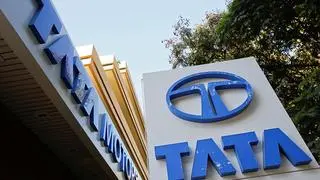The government announced the withdrawal of export duty on steel products post-market close on Friday. In May 2022, considering the skyrocketing steel prices, a 15 per cent export duty was levied. Following this, the domestic prices had corrected from a peak of around ₹92,000 per tonne in April-May, 2022 to a low of around ₹55,000 per tonne in late September. Even though the investors were expecting a duty reversal, the quick turnaround should boost stock prices.
Short-lived impact on stocks
Indian Steel exports fell 54 per cent YoY in H1FY23. JSW’s steel export proportion had decreased from its normal mix of 25 per cent in Q1FY23 to 12 per cent in Q2FY23. Similarly impacted were Jindal Steel which strives for a normal export mix of 25-35 per cent, while SAIL and Tata Steel (standalone) export 8-15 per cent. The stock prices are expected to gain in sync with their export level, even as this will be a sentimental booster for the sector.
The lower realisations and the operating leverage inherent in steel manufacturing resulted in sharp corrections in operating margins in Q2FY23. The 10-18 per cent QoQ decline in steel realisation from Q1 to Q2 FY23 across the four (SAIL, JSW Steel, Jindal Steel and Tata Steel), resulted in an EBITDA per tonne decline of 55-66 per cent in the same period. Considering the high capital investment, the sharp drop in operating profitability drove net losses for SAIL and JSW Steel and lower profitability for Jindal Steel and Tata Steel in Q2FY23. Any further improvement in steel prices will reverse this trend, and gains will flow through to earnings after covering for fixed overheads.
The impact of operating leverage in the sector can be gauged from one example. In Q2FY23, JSW Steel reported a 50 per cent drop in overall EBITDA due to a drop in steel realisations. However, hypothetically, if the steel realisations had stayed flat in Q2FY23 as compared to Q1 FY23, JSW Steel would have reported a doubling of EBITDA given the volume and cost tailwinds it saw in the quarter.
Valuations bake in optimism
But as noted in the Q2FY23 earnings preview, sounding an optimistic view on the sector, the loss or lower profitability failed to pull the stock prices down. In the past six months, with export duty imposition and grim second-quarter results, the stocks prices of the four have gained between 3 per cent (Tata Steel) to 31 per cent (Jindal and JSW Steel). Beyond anticipating export duty reversal ahead of Friday’s announcement by the government, the stock prices are discounting stronger international support to steel prices above the last decade’s average following lower export contributions from China and Europe. While SAIL is trading in line with the previous two-year average one-year forward EV/EBITDA of 4.4 times, JSW Steel and Jindal Steel are trading at a 30 per cent premium at 8.7 and 5.7, respectively. We recommended holding Tata Steel (trading at EV/EBITDA of 5.4 times a 10 per cent premium to a two-year average) based on a strong volume growth runway and better operating profitability.








Comments
Comments have to be in English, and in full sentences. They cannot be abusive or personal. Please abide by our community guidelines for posting your comments.
We have migrated to a new commenting platform. If you are already a registered user of TheHindu Businessline and logged in, you may continue to engage with our articles. If you do not have an account please register and login to post comments. Users can access their older comments by logging into their accounts on Vuukle.